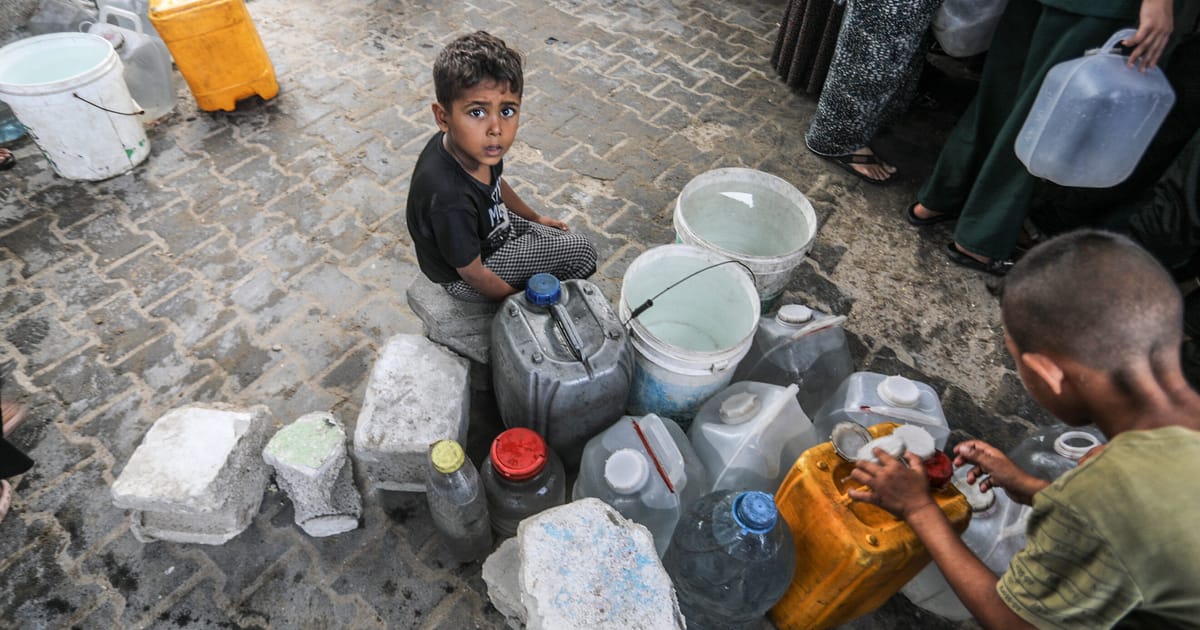

In recent days, a series of developments have drawn international attention to intensifying conflicts across multiple areas in the Middle East, bringing into focus the pressing need for mindful engagement and constructive resolution.
In Gaza, the escalation has reached a worrying level, as reported by local health authorities. The toll from ongoing Israeli airstrikes has surpassed a tragic 58,000 lives lost, with a substantial proportion identified as women and children. Among the latest incidents, an airstrike on a water collection point claimed the lives of at least ten individuals, including six children, with the military operations contributing further to the distressing casualty figures within the region. These incidents not only underscore the gravity of the ongoing crisis but also highlight the significant humanitarian impact on the residents of Gaza, urging a call for global compassion and strategic diplomacy to facilitate peaceful outcomes.
In parallel, tensions in the West Bank have also added to the regional unrest. The recent death of a Palestinian-American individual alongside a local resident following confrontations with Israeli settlers has sparked requests for a transparent investigation from international bodies. Reports highlight that these incidents occurred amid heightened violence between different groups in the area, drawing attention to the need for dialogue and reconciliation. Families and communities affected mourn their loss, emphasizing shared humanity and the need for healing amid enduring struggles.
Further east, in Syria, a new wave of violence has emerged, specifically in predominantly Druze areas, marking the gravest confrontations since earlier clashes in April and May. Thirty-seven lives have been lost in these confrontations, intensifying the need for a stabilized and collaborative approach to foster peace within diverse communities and regions. The historical context of these disputes ensures that a mindful, understanding perspective is vital for conflict resolution and preventing future clashes.
Amid these developments, broader geopolitical dynamics also continue to shape the narrative around conflict resolution. Europe is facing critical decisions regarding its diplomatic stance with Israel, especially considering the recent violence in Gaza and the West Bank. These dialogues hold potential for paving pathways for future cooperation, balancing diplomatic relations with the moral imperatives of supporting humanitarian endeavors for peace and stability.
Moreover, the ongoing discourse around the conflict in Ukraine highlights global intricacies of conflict. While leadership discussions continue, realistic assessments suggest preparing for a future where ceasefire remains elusive. Such considerations stress the significance of robust strategies to navigate geopolitical tensions thoughtfully.
As these events continue to unfold, they serve as potent reminders of the urgent need for a united, peaceful approach to address conflicts and humanitarian crises worldwide. Communities and nations alike are called to embrace understanding, promote constructive policies, and support humanitarian efforts, guiding paths towards sustainable peace and enriching our shared global future.
Source: {link}
